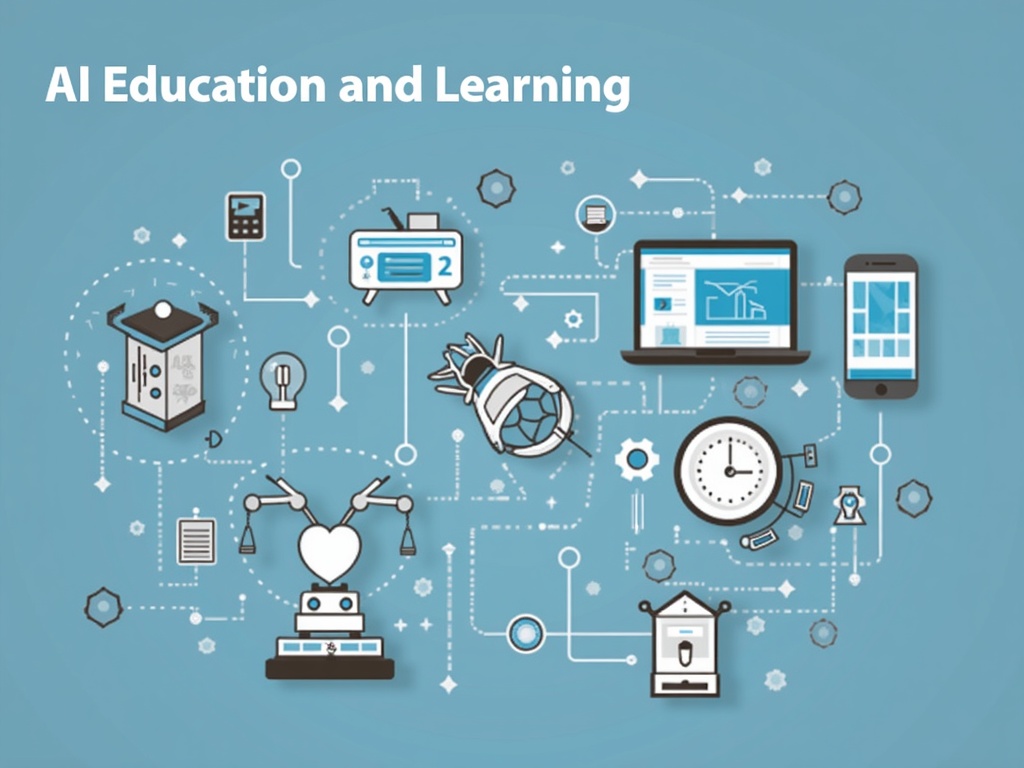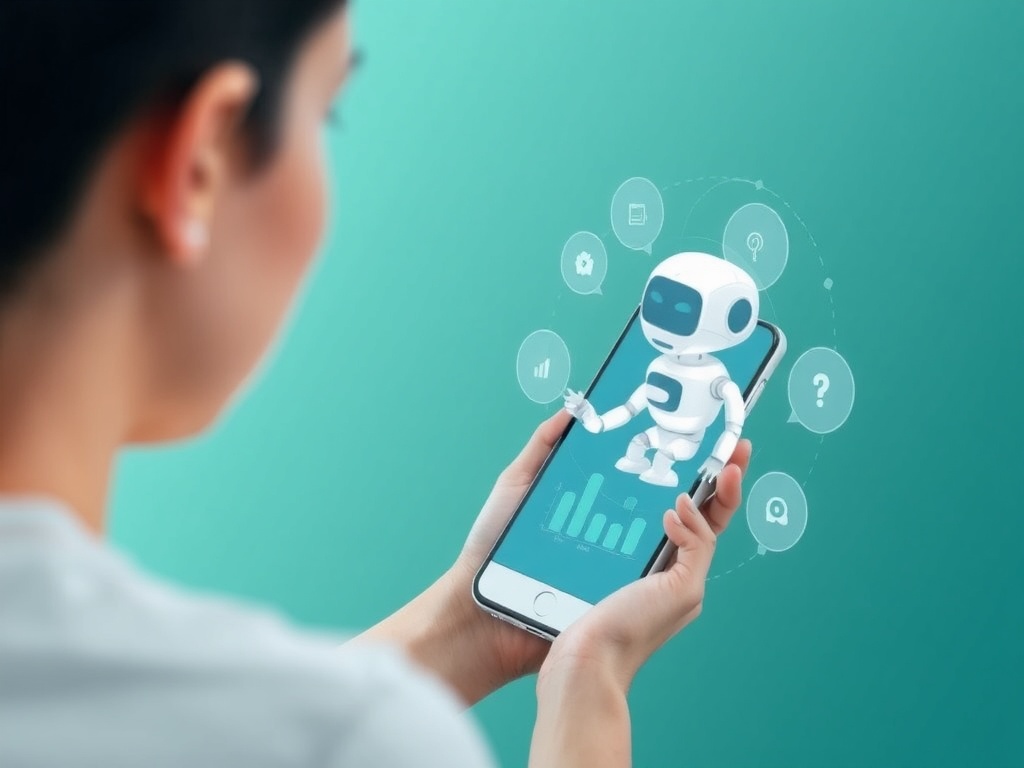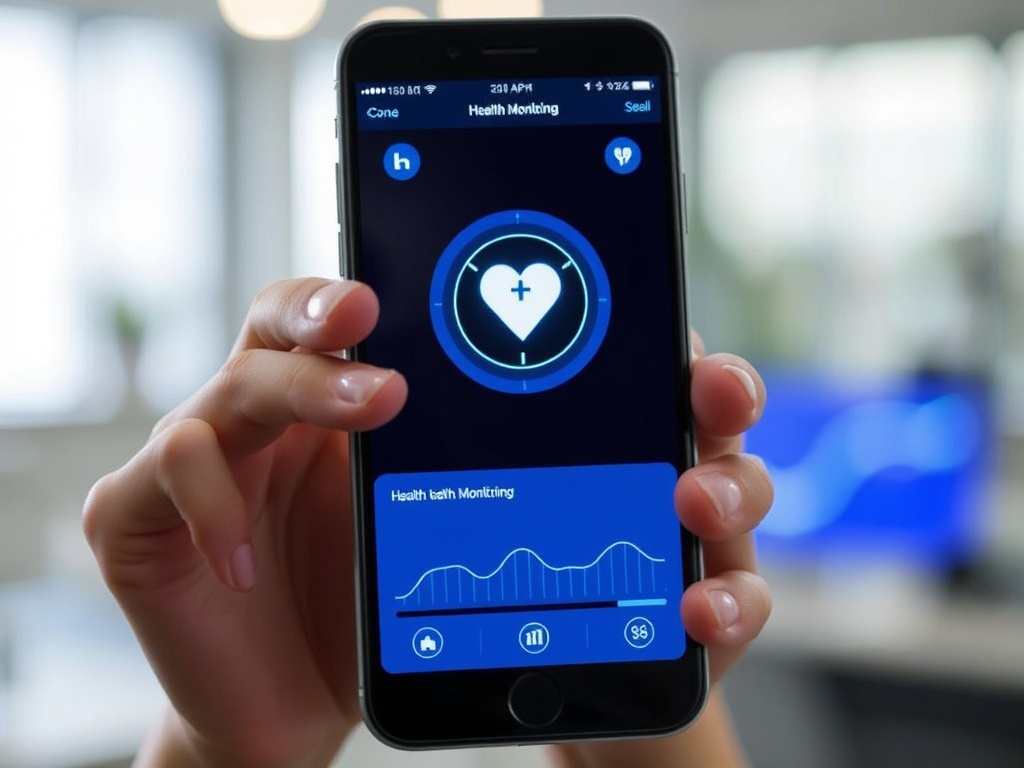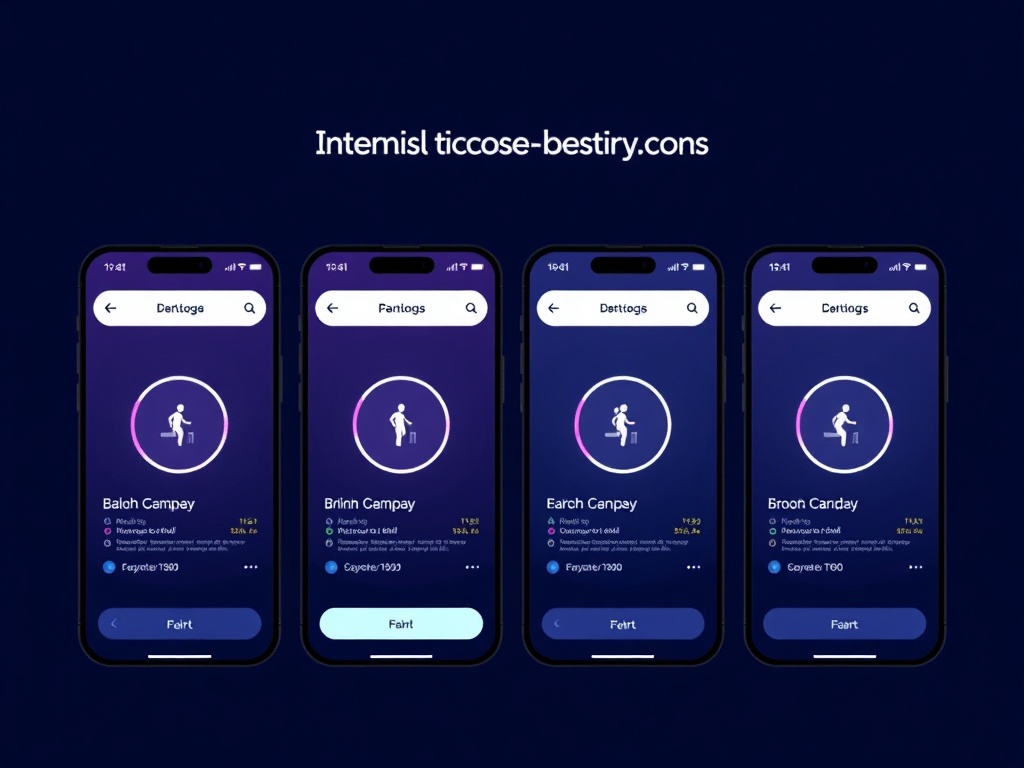AI Apps for Education and Learning: Revolutionizing the Way We Learn
Artificial Intelligence (AI) has been increasingly integrated into various aspects of our lives, including education. AI apps for education have emerged as a powerful tool to enhance learning outcomes, improve student engagement, and provide personalized experiences. In this article, we’ll delve into the world of AI-powered educational apps, exploring their benefits, features, and applications.
What are AI Apps for Education?
AI apps for education utilize machine learning algorithms to analyze and adapt to individual students’ needs, abilities, and learning styles. These apps can:
- Analyze vast amounts of data on student performance
- Identify knowledge gaps and areas of improvement
- Provide personalized feedback and recommendations
- Automate administrative tasks, freeing up instructors to focus on teaching
Benefits of AI Apps for Education
The integration of AI into educational apps has numerous benefits for students, teachers, and institutions. Some of the key advantages include:
Improved Student Engagement
AI-powered educational apps can make learning more interactive and enjoyable by incorporating games, quizzes, and other engaging activities.
Personalized Learning Experience
These apps can tailor their content and delivery to individual students’ needs, abilities, and learning styles, ensuring that each student receives the support they require.
Enhanced Efficiency
AI-driven educational apps can automate administrative tasks, freeing up instructors to focus on teaching and providing feedback.
Data-Driven Insights
These apps can provide valuable insights into student performance, helping educators identify areas of improvement and make data-driven decisions.
Popular AI Apps for Education
Here are some notable examples of AI-powered educational apps across various subjects:
- Duolingo: A language-learning app that uses AI to create personalized lessons and track progress.
- Khan Academy: An online platform offering free courses, exercises, and quizzes in a range of subjects, with AI-driven navigation and recommendations.
- Coursera: A massive open online course (MOOC) provider that partners with top universities to offer high-quality courses, leveraging AI for personalized learning experiences.
- Quizlet: A study app that allows users to create digital flashcards, play learning games, and take practice quizzes, all powered by AI-driven algorithms.
The Future of AI Apps in Education
As AI technology continues to advance, we can expect even more sophisticated educational apps that:
- Integrate natural language processing (NLP) for seamless communication
- Leverage augmented reality (AR) and virtual reality (VR) for immersive learning experiences
- Provide real-time feedback and assessment, with continuous improvement and adaptation
The potential of AI-powered educational apps is vast, with the ability to revolutionize the way we learn and teach. By embracing these innovative tools, educators and institutions can create more effective, efficient, and engaging learning environments that cater to individual needs and abilities.
Conclusion
AI apps for education have come a long way in recent years, offering numerous benefits and opportunities for students, teachers, and institutions. As AI technology continues to evolve, we can expect even more innovative applications that transform the learning experience. By embracing this revolution, we can unlock new possibilities for education and empower future generations with the knowledge, skills, and confidence they need to succeed.
Sources:
- [1] “The Future of Education Technology” by Coursera
- [2] “Artificial Intelligence in Education” by Khan Academy



